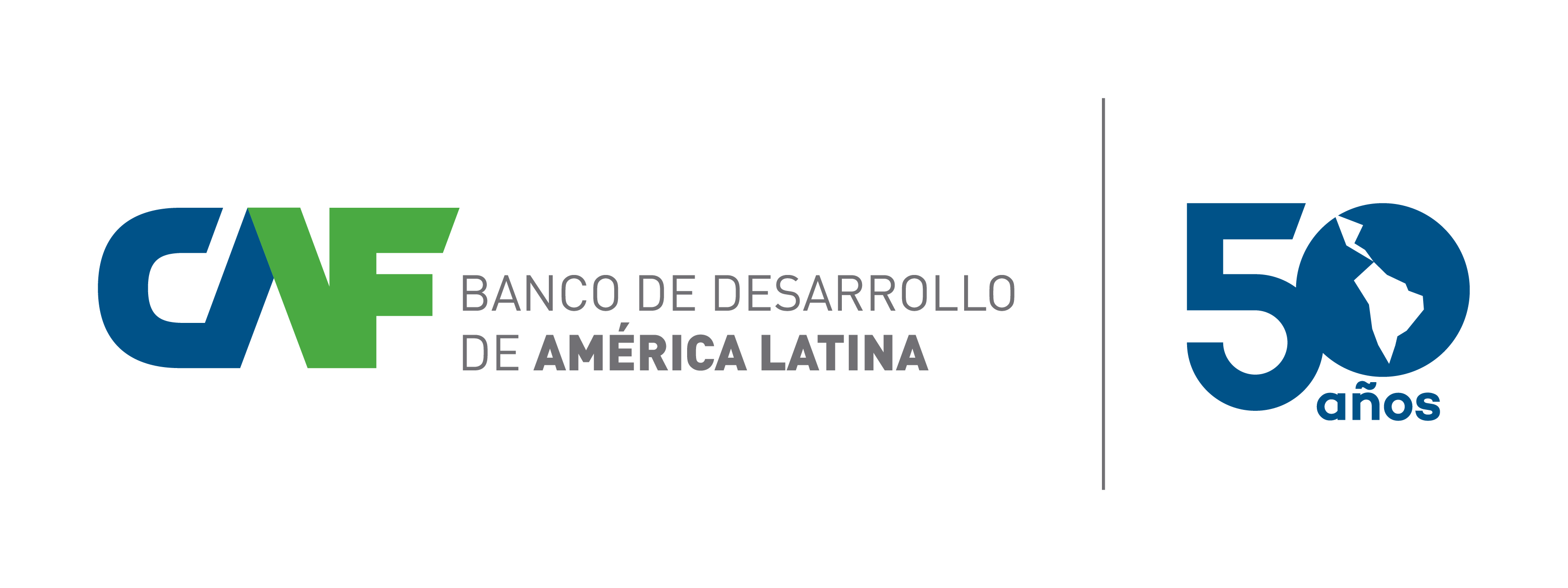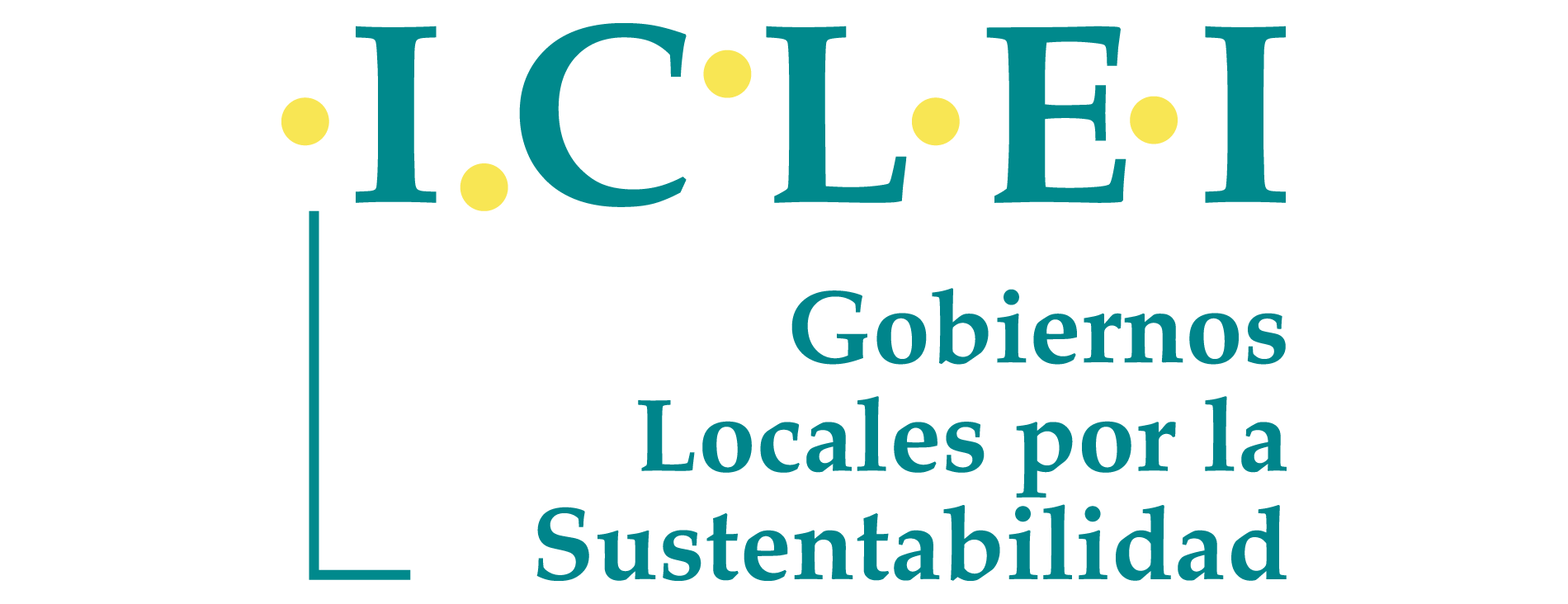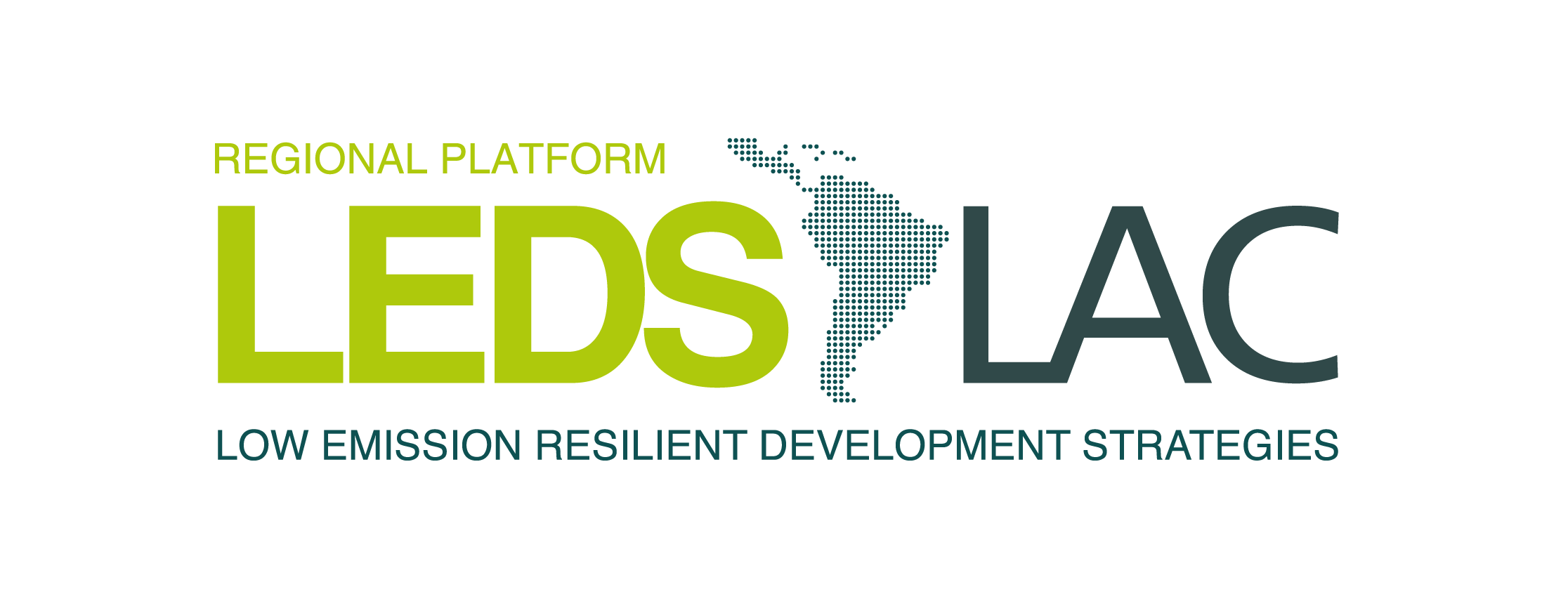About the event
In the LAC region, the freight transport sector is a major contributor to the generation of greenhouse gases. It is a sector highly oriented to road transport, with a very atomized and diverse ecosystem of actors, generally old fleets, and limited capacity to access financing. Likewise, local governments have focused their efforts on public transport, developing scarce competencies and capacities for the management of urban logistics.
There are a number of barriers that prevent or hinder the development of baselines and the formulation of strategies and policies suitable for implementation in the complex context of the freight transport sector. It is necessary to build and strengthen public-private articulation mechanisms for the generation and collection of data to inform, on the one hand, municipal public management, and on the other hand, private sector decisions through the visualization of the economic benefits of adopting efficiency measures.
To this end, it is necessary to strengthen the sector's capacities for the adoption of decarbonization measures for urban logistics, their monitoring and evaluation. To this end, it is proposed to develop an activity to identify barriers (and possible good practices) to the formulation and implementation of policies, plans and actions for sustainable, resilient and low-emission urban logistics, particularly around public-private articulation mechanisms and the generation of information for planning and monitoring.
The workshop is proposed in 2 days of work:
- To make visible the importance and impact of freight transport on urban mobility and the sustainability of cities, promoting the inclusion of sustainable urban logistics in the public and private agenda.
- Identify the obstacles or challenges faced by cities in the formulation and implementation of sustainable urban logistics policies, plans and actions, particularly regarding public-private articulation mechanisms, and possible practices to overcome them.
- Share lessons learned about the planning processes for sustainable urban logistics strategies and plans, and identify best practices for planning and articulation to encourage their application in other LAC cities.
- Support local governments in capacity building for the formulation and adoption of sustainable, resilient and low-emission urban logistics strategies.
- Identify the potential contributions that sustainable, low-emission urban logistics actions can have for post-pandemic recovery.
Agenda
Day 1 - CONTRIBUTIONS OF SUSTAINABLE URBAN LOGISTICS STRATEGIES AND CHALLENGES FOR THEIR ADOPTION
05/11/2020
Time: 14:00 hrs (Peru/Colombia) - 16:00 hrs (Argentina/Chile)
This meeting will focus on the importance and contribution of sustainable urban logistics strategies in cities and logistics chains. Testimonies from the public and private sectors will be presented on the importance and benefits of implementing sustainable urban logistics actions, exploring the main challenges and needs that both face when implementing them, as well as strategies to overcome them. Group work will be carried out to identify and prioritize the challenges and opportunities that arise in the region, from both perspectives, reflecting on the particular context of the "new normality".
Day 2 - KEYS TO THE ARTICULATION AND IMPLEMENTATION OF SUSTAINABLE URBAN LOGISTICS STRATEGIES
06/11/2020
Time: 14:00 hrs (Peru/Colombia) - 16:00 hrs (Argentina/Chile)
This meeting will seek to deepen on lessons learned and good practices in the implementation of sustainable urban logistics actions, in particular, the need for cooperation between public and private actors. New testimonies of experiences in the region will be presented, exploring key aspects of public-private articulation mechanisms to work on consensual urban logistics strategies. As part of the meeting, group work will be carried out to identify potential joint actions and the enabling conditions for effective planning and implementation.
Workshop organized by:





